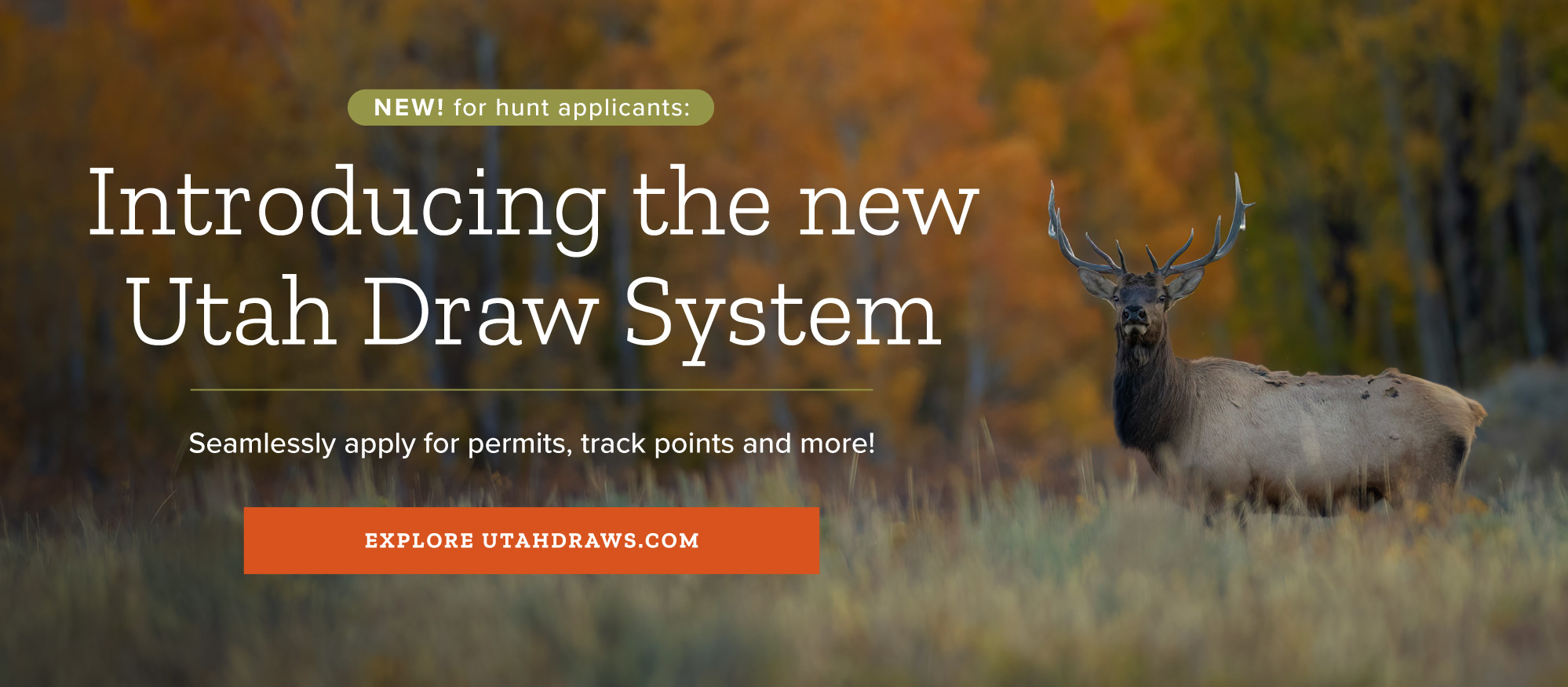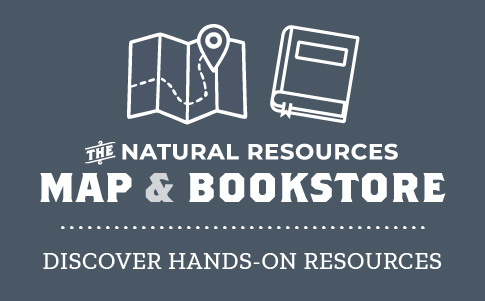How to stay safe if you encounter a moose
Salt Lake City — You are in the middle of a hike to your favorite waterfall. You come around a corner and notice a large moose in the middle of the trail. What should you do? Here are a few things to know about moose in Utah and how to avoid conflicts with them.
Utah is home to between 2,500 and 3,000 moose. The largest animals in the deer family, moose can be found along the Wasatch Front and in northern and northeastern Utah, typically in forested areas. Moose generally eat aquatic vegetation during spring and summer, and then switch to a diet of bark and twigs in the winter.
Due to drought conditions this summer, people could see more moose in urban areas in search of water sources. Moose are also more impacted by ticks during drought seasons because winter ticks have a higher survival rate during mild winters and springs. Utah Division of Wildlife Resources biologists have reported up to 10,000 ticks on a single moose. As a result, people may see "white moose" in Utah during April and May, due to the animals rubbing off hair in an attempt to get rid of the ticks.
Adult moose in Utah can weigh between 600 to 1,000 pounds, and bulls can stand 6 feet tall at the shoulder. Due to their large size, moose can be dangerous when they feel threatened. In some areas of the U.S., wildlife agencies report that more people are injured by moose than bears each year.
"In my years of working with wildlife, I have dealt with bears, rattlesnakes, cougars and moose, and the only species that I've had turn and come back at me was a moose," DWR Wildlife Section Chief Covy Jones said. "People often underestimate how aggressive they can be."
Know moose behavior
Cow moose can be aggressive when they have calves in the spring and summer, and bull moose can be aggressive and territorial during the fall breeding season. Moose often feel threatened when people or dogs get too close, which can also make them aggressive and lead them to charge, knock someone over and stomp on them.
Some physical warning signs that a moose may become aggressive include:
- Lowering their head
- Hair standing up on the neck
- Licking their snout
- Pinning their ears back
Safety tips to prevent conflicts with a moose
If you encounter a moose, here are some tips to help you stay safe:
- Always give the moose a lot of space and watch its behavior.
- Never try to approach or feed a moose.
- Keep dogs leashed and under control at all times. It is against Utah law to allow dogs to chase or harass protected hoofed wildlife, like moose.
- Stay calm and do not run away. Talk, make your presence known and slowly back away in the direction you came.
- If a moose charges you or chases you, hide behind something solid (like a tree) or try to get inside a vehicle or building.
- If a moose knocks you down, curl into a ball, protect your head and lie still until the moose retreats.
"Like with most wildlife, if you give moose plenty of space and don't try to get too close, it will help keep you and them safe," Jones said. "Our biologists relocate numerous moose in urban areas every year, and we really want people to admire these amazing animals from a distance and stay safe."
For more moose safety tips, visit the Wild Aware Utah website.



















